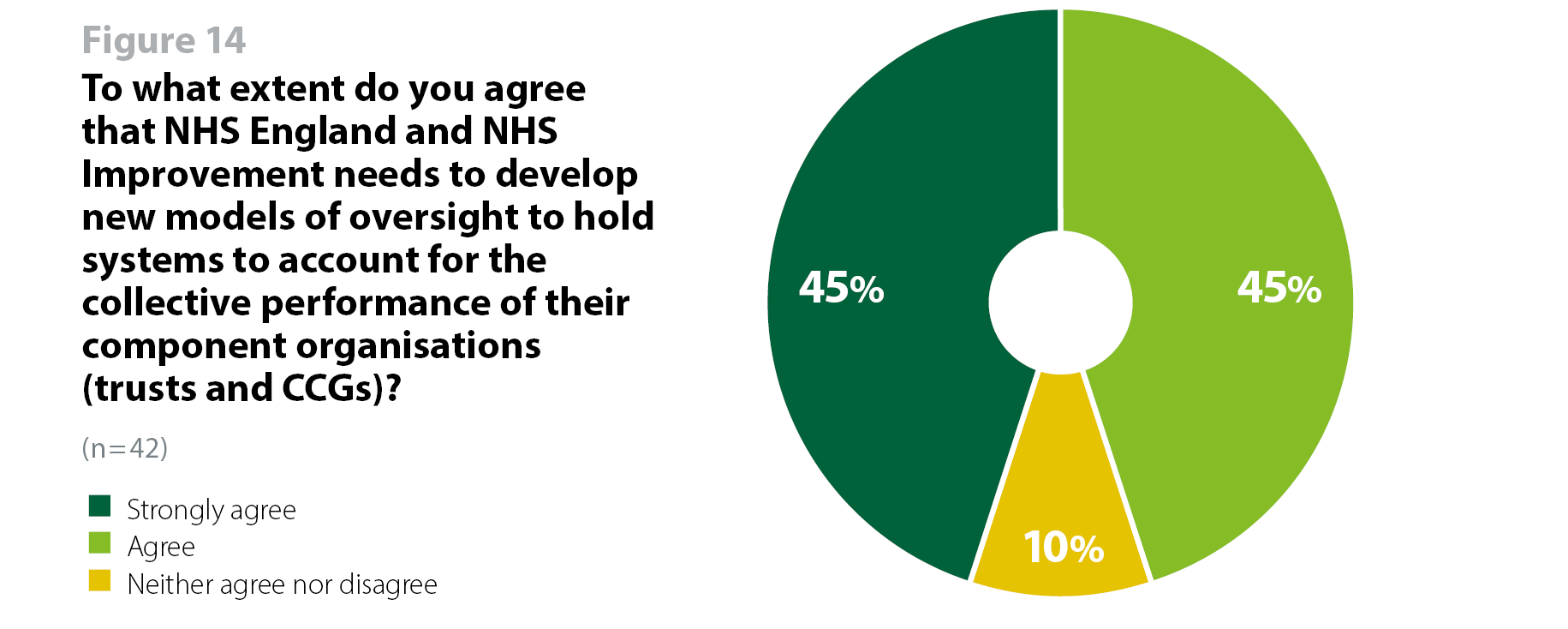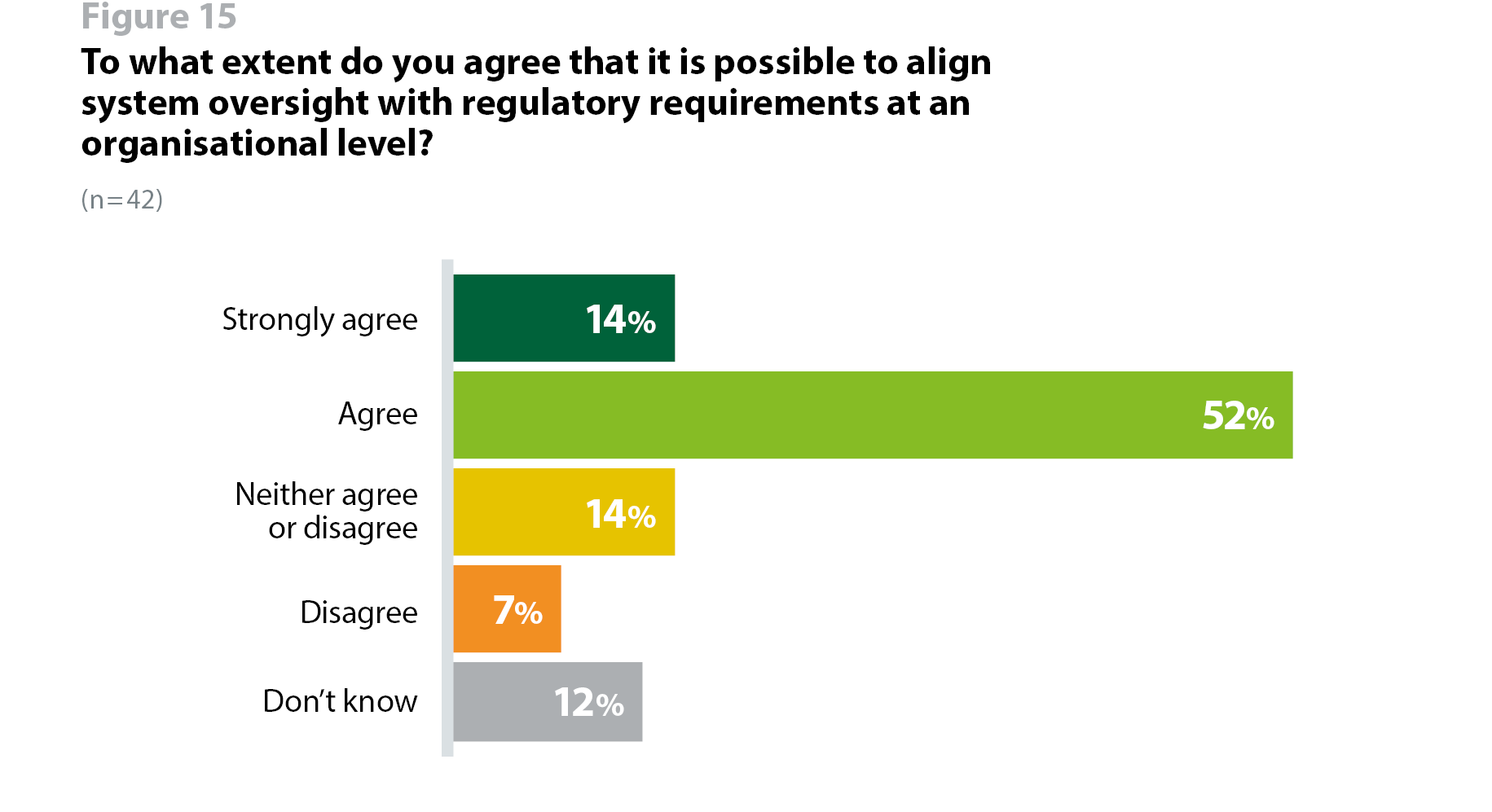The NHS White Paper, Integration and Innovation: working together to improve health and social care for all, published in February 2021, sets out far-reaching changes to the legislative landscape surrounding the health and care system. At the heart of these legislative proposals lies an objective to create an enabling framework for local partners to build upon existing partnerships at place and system levels, and to begin aligning services and decision making in the interests of local people. As part of these proposals, ICSs will gain a statutory footing, comprised of an ICS NHS Body taking on commissioning functions and responsible for developing a plan to meet the population health needs in a local area, and securing the provision of healthcare to meet the needs of the system population, and an ICS Health and Care Partnership Board responsible for bringing together health, social care, local government and other partners to develop a plan to meet the wider health needs of the system.
This year, in anticipation of these developments, we asked trusts about their views on how regulatory change could support system working, and many comments referred to proposals to put ICSs on a statutory footing among other legislative changes to support integrated care. In the survey, and other sources of feedback, we explored trusts' views on legislative change to support system working, and the implications for models of regulation and oversight which currently focus on organisations but will increasingly look across systems.
Implications for regulation and oversight
Trusts are broadly supportive of the strategic direction of travel for system working, with agreement that an enabling, permissive framework to integrate care, will help to support further progress on systems. Mechanisms for reviewing performance and outcomes at a system level are also seen by trusts as an important component of removing barriers to collaborative working and integration. The vast majority (90%, 38 respondents) of trusts support a move towards models of oversight which takes into account system working (figure 14). This has increased since 2019, when 80% agreed with this statement.

However, the process of identifying the right mechanisms for doing this is complex and will systems to account for the no doubt be shaped by proposals to place ICSs on a legislative footing. NHS England and NHS Improvement is developing new metrics to support systems to monitor their progress including measurements around population health, which could well be helpful in bringing together diverse partners around a shared aim, with collective ownership of objectives and outcomes.
The survey also highlighted challenges to tackle around aligning regulatory requirements at system and organisational level. Trusts continue to have reservations about how this would work in practice; two thirds (67%, 28 respondents) agreed that it would be possible to align system oversight with regulatory requirements at an organisational level (14% strongly agree, 52% agree) (figure 15).

There are also considerations around how system-focused models of regulation and oversight may impact trusts whose work spans multiple systems and places. At worst, these trusts may face multiple conflicting judgements depending which system's context is being assessed and be subject to performance management from multiple ICS boards. This could prove to be burdensome, duplicative and confusing for trusts whose services span larger geographies and populations.
...not all organisations will be in a position to fit neatly into one STP/ICS unless it's well understood.
Some trusts expressed concern at the impact of system-based regulation on trusts currently performing well on current measures of performance and quality. This underlines the need for a period of testing and evaluation to ensure the new approach does not eliminate recognition and celebration of good work taking place within organisations, alongside good practice in systems.
Finally, trusts highlighted the need for a transition period before the full implementation of system-focused models of oversight, to allow new ways of working to bed in.
I think we need to carefully consider what moving from challenged providers to talking about challenged places (ICPs) and systems means. It is unfair on places and systems to have this put on them without a transition period where this is agreed locally with the relevant provider, place and system"